FOIA Lawsuit Seeks Release of U.S. Department of Energy’s ‘Water-Energy Roadmap’
The report, one of two ordered by Congress on water and energy, has been delayed for years.
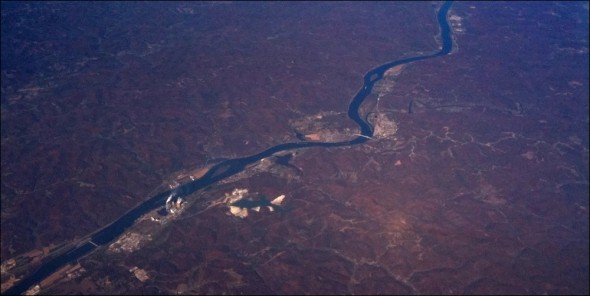
By Brett Walton
Circle of Blue
A lawsuit filed this week in Federal District Court in Massachusetts accuses the U.S. Department of Energy of withholding a crucial study on how to solve the national confrontation between water supply and energy demand that was ordered up by Congress in 2005 and never made public.
The suit—brought by the Massachusetts-based Civil Society Institute (CSI) under the Freedom of Information Act (FOIA) and the Administrative Procedure Act (APA)—demands the Energy Department to release the study, known as the National Energy-Water Roadmap, and to make public a score of documents used in the study’s preparation. The roadmap required two reports, the first of which was completed by federal scientists at Sandia National Laboratories and was published in 2006. The second report, which would set research priorities and outline recommendations, has been held up by the DOE.
The lawsuit was prompted by an article last September in Choke Point: U.S., Circle of Blue’s investigation of the tightening confrontation between energy production and diminishing water supplies in the United States.
— Pam Solo,
CSI President
“We are all working toward the same goal, to find solutions to the water-energy dilemma,” said J. Carl Ganter, director of Circle of Blue, which first published news of the delayed DOE reports in September 2010. “The DOE has some of the brightest talents in the world working on these problems. We hope the suit allows the agency to fulfill Congress’ wishes and helps deliver the roadmap the country is looking for.”
Multiple Agencies Await Report
CSI is not the only organization frustrated by the Energy Department’s unwillingness to disclose the National Energy-Water Roadmap.
Earlier this month, the U.S. Senate began considering the Energy and Water Integration Act, legislation that would mandate more studies on water and energy efficiency and conservation, research on current water use for energy production—both in transport fuels and electricity generation—and technological evaluations. The Senate proposal calls for shifting the research and report production from the Energy Department to the National Academy of Sciences.
The recent court action, though, follows several months of discussions between CSI and the DOE. On January 3, CSI first filed an FOIA request for emails between the primary reviewers of the National Energy-Water Roadmap.
The email communications were requested by CSI because the report has had at least 22 draft iterations, all of which would be found within the email record, explained Seth Sheldon, a researcher working with CSI and a doctoral candidate in environmental earth and ocean sciences at the University of Massachusetts-Boston. Sheldon, who became interested in water and energy issues after reading the first road map report, told Circle of Blue that following the email chain would give insight into why the report was delayed.
According to a prepared statement from CSI’s president, Pam Solo, the organization is seeking the report because it is “deeply concerned by the appearance that the study was done and then buried—or is currently being watered down—because it raised major and legitimate concerns about the impact of new power generation on increasingly scarce U.S. water resources, particularly in chronically drought-afflicted portions of the nation.”
Throughout the winter and spring, CSI, the DOE, and the National Nuclear Security Administration (NNSA)—which coordinated information from Sandia—discussed the FOIA request over email, conference calls, and letters, according to CSI’s complaint.
— Pam Solo,
CSI President
However, the FOIA process stalled in May. On May 18, CSI sent an email to the DOE and NNSA stating that it would prepare a complaint if its request was not met by May 20. CIS, according to its complaint, was given the phone number for the attorney reviewing the documents. A message left on the attorney’s voicemail was never returned.
Choke Points Already Visible
CSI focused on the delayed road map after reading Circle of Blue’s reporting from last September. Later that month, Sheldon attended a conference in Pittsburgh that addressed future U.S. water and energy needs. The Water-Energy Sustainability Symposium, hosted by the Groundwater Protection Council and the Department of Energy, brought together a number of researchers, most of whom were wondering the same thing, said Sheldon—when is this report going to come out?
But the report’s existence is not just a matter of academic curiosity.
In many parts of the country, water shortages are already undermining energy production. Just this month, a drought in Texas has caused a scramble for water among natural gas drilling companies and has forced regulators to take a second look at approving a coal-fired power plant on the lower Colorado River because of the amount of cooling water that would need to be used.
“Without this Roadmap,” Solo said in her statement, “water availability and water quality issues remain unaddressed. As a result, Congress and the President are flying blind without a clear understanding of whether water is available for the proposed expansion of nuclear power plants and ‘clean coal’ plants under what is euphemistically being termed a ‘Clean Energy Standard.’ This is not a side issue, but a central and pivotal piece of data that should inform and guide energy decision making.”
Brett Walton is a Seattle-based reporter for Circle of Blue. Contact Brett Walton
Brett writes about agriculture, energy, infrastructure, and the politics and economics of water in the United States. He also writes the Federal Water Tap, Circle of Blue’s weekly digest of U.S. government water news. He is the winner of two Society of Environmental Journalists reporting awards, one of the top honors in American environmental journalism: first place for explanatory reporting for a series on septic system pollution in the United States(2016) and third place for beat reporting in a small market (2014). He received the Sierra Club’s Distinguished Service Award in 2018. Brett lives in Seattle, where he hikes the mountains and bakes pies. Contact Brett Walton

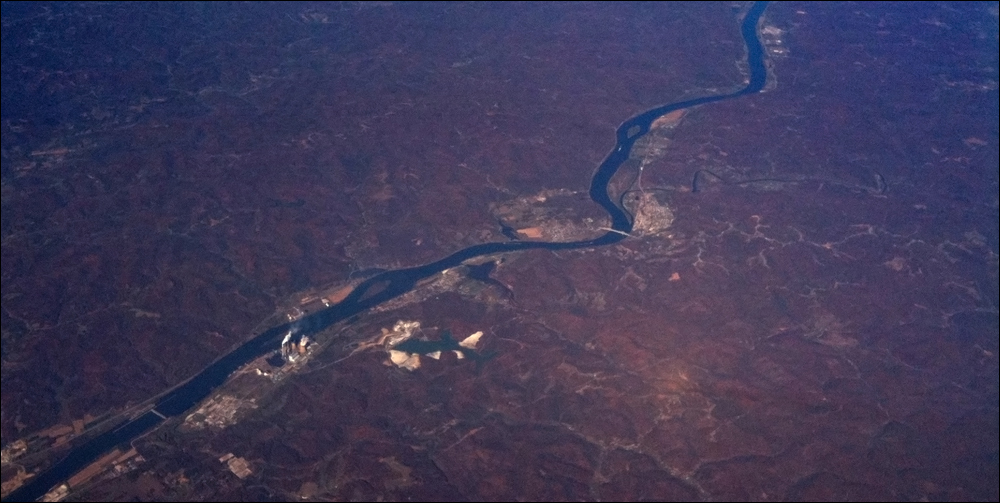


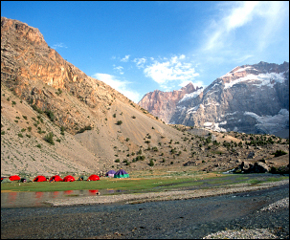
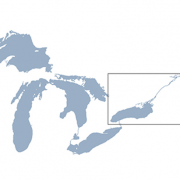


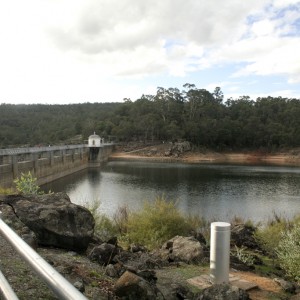
Leave a Reply
Want to join the discussion?Feel free to contribute!